Yunnan has more specialties newly-listed as GI products
The China National Intellectual Property Administration has issued Announcement No. 637, granting the geographical indication (GI) status to 25 products. Among them, Yongde Terminalia Chebula, Qiaojia Bowl Brown Sugar, Luquan Chestnuts, and Jiangchuan Bighead Carp from Yunnan province were officially recognized as GI-protected products. Now Yunnan's GI family has involved medicinal herb, tea snack, mountain delicacy and lake treasure. But what makes these local specialties stand out? Let’s take a closer look!
Yongde Terminalia Chebula: Hidden champion in south China medicine
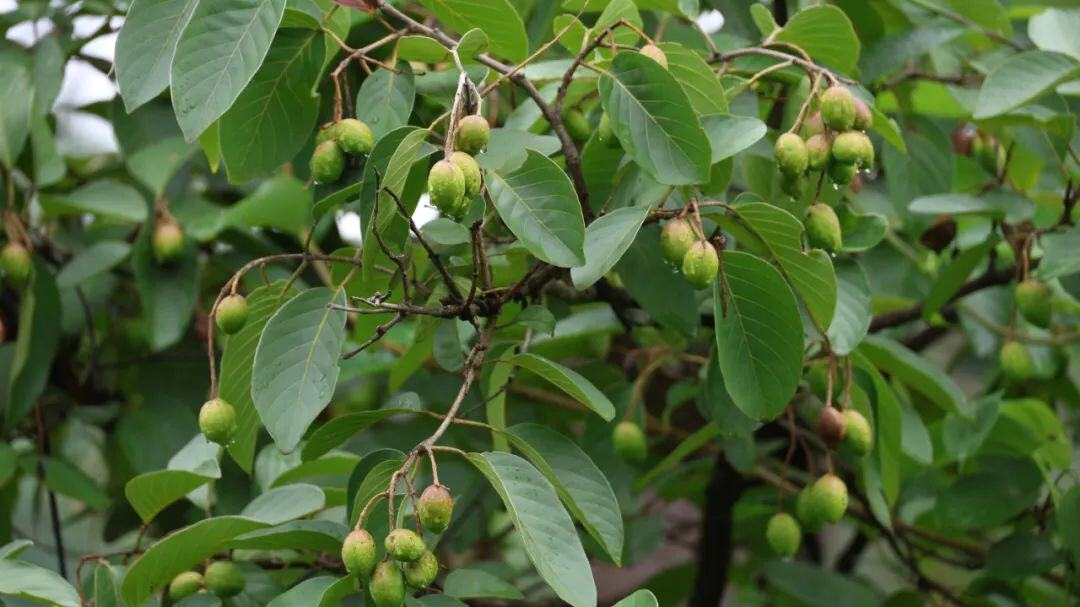
Terminalia Chebula forest
Around 310,000 mu (20,666 hectares) of Terminalia Chebula forests grow well in Yongde county, with 227,000 ancient trees producing nearly 1,000 tons of the medicine annually. As China’s primary distribution area for Terminalia Chebula, Yongde serves as a major production hub for this traditional Chinese medicine in south China and a key supplier to the domestic market.
Not only is the county known as the "Hometown of Yunnan Medicine," but it has also been named the "Chinese hub to Terminalia Chebula" by the China Economic Forest Association. Local businesses have expanded the plant’s use from medicine to beverages, developing products like Terminalia Chebula juice and breathing new life into this traditional medicine.
Qiaojia Bowl Brown Sugar: Sweet intangible heritage out of ancient way
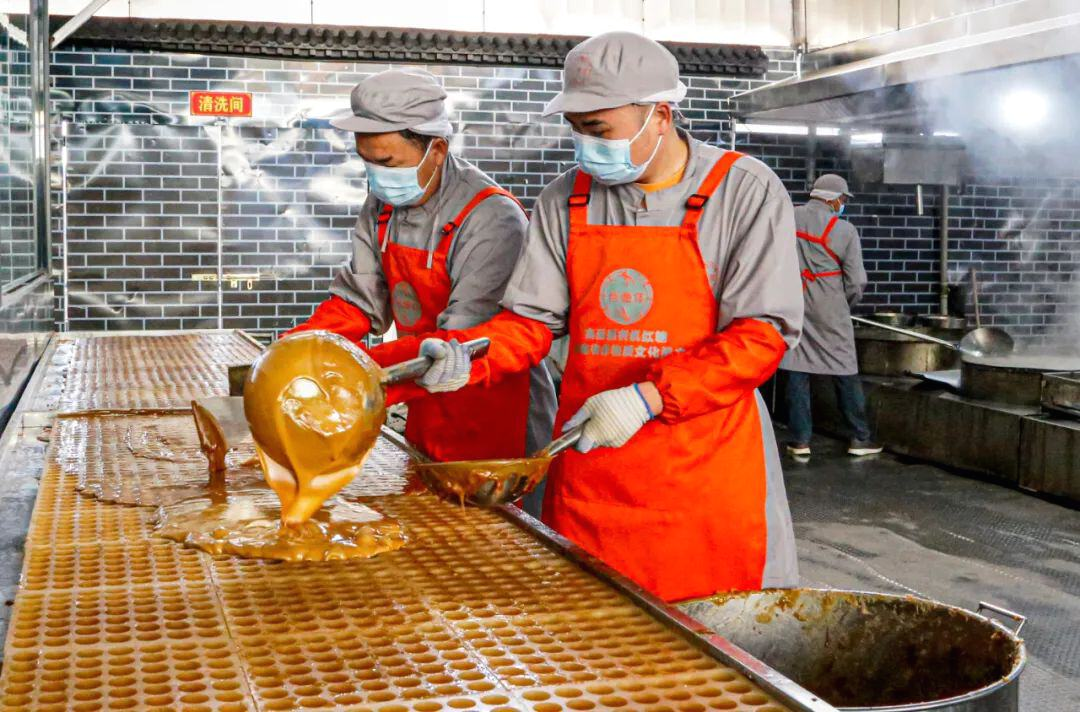
Making of the Qiaojia Bowl Brown Sugar
Qiaojia county has a 200-year history of sugarcane cultivation and brown sugar production, preserving the complete traditional manual sugar-making technique. In 2017, Qiaojia Bowl Brown Sugar craftsmanship was listed in Yunnan’s fourth batch of intangible cultural heritages.
Commonly known as "Bowl Sugar", it is one of the "Seven Treasures of Zhaotong". The process—from pressing juice out of the carefully selected green-skinned sugarcane, to the ancient "Nine-Cauldron Chain" boiling method, to the iconic bowl-shaped molding—involves 18 meticulous steps to ensure premium texture and unique flavor.
Luquan Chestnut: Best chestnuts from Yunnan highland
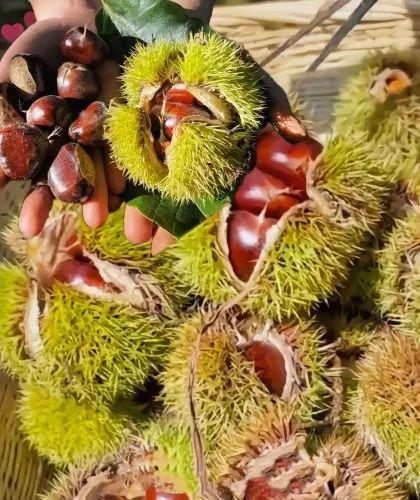
Luquan Chestnut
Located in northern-central Yunnan, Luquan county boasts ideal climate and soil conditions for chestnut growth, making it one of the province’s main production areas.
The Luquan chestnut is prized for being "less worm-prone, tender, sweet, early to market, and late to leave", with a perfect balance of fragrance, softness, and sweetness. Whether boiled or roasted, it is considered a top-tier taste and has gained nationwide fame.
Jiangchuan Bighead Carp: Delicacy out of Xingyun Lake

Jiangchuan Bighead Carp
The Jiangyuan Bighead Carp is a precious native fish species unique to Yunnan, found in the Xingyun Lake of Jiangchuan county. Historically recognized as one of Yunnan’s "Four Rare and Precious Fish," it was named one of the "Six Famous Fish Species of Yunnan" in 2011. While looking like common carps in shape, the Jiangchuan carp has larger and wider head, and it is thus named.
As of April this year, Yunnan has had 72 GI-protected products, covering key sectors such as tea, nuts, coffee, and medicinal herbs. Their annual output value exceeded 100 billion yuan.
What other GI products does Yunnan boast?
Shangri-La Yak Meat: Known as the "Spirit of the Snow Mountains", Shangri-La yaks produce meat that is tender, uniquely aromatic, rich in protein yet low in cholesterol. It can be braised, stewed, or air-dried into "Ganba" (jerky), offering a truly distinctive flavor.
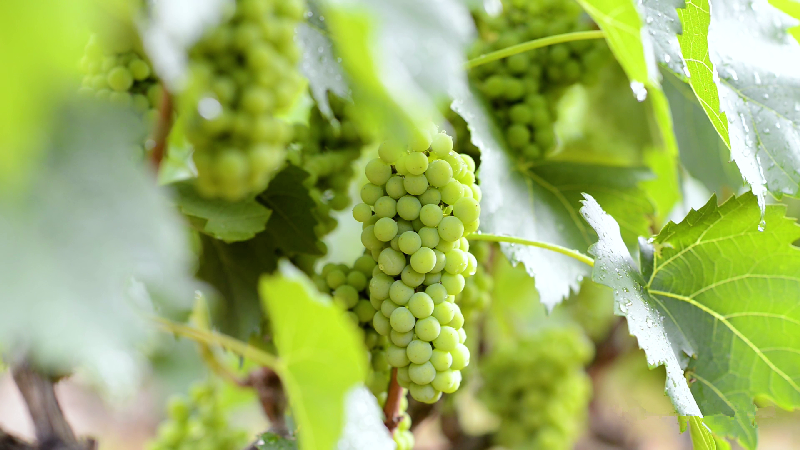
Mile grapes
Mile Grape: Originally brought by French missionaries, the grape has grown to be early-ripening and disease-resistant on the Yunnan highland. The wine made from Mile grape has even won international gold medals.
Shilin Rubing: A golden-hued cheese made from goat’s milk, the Rubing can be fried, steamed, or boiled. Pan-fried Rubing with Yunnan ham is considered the "ultimate Yunnan taste".
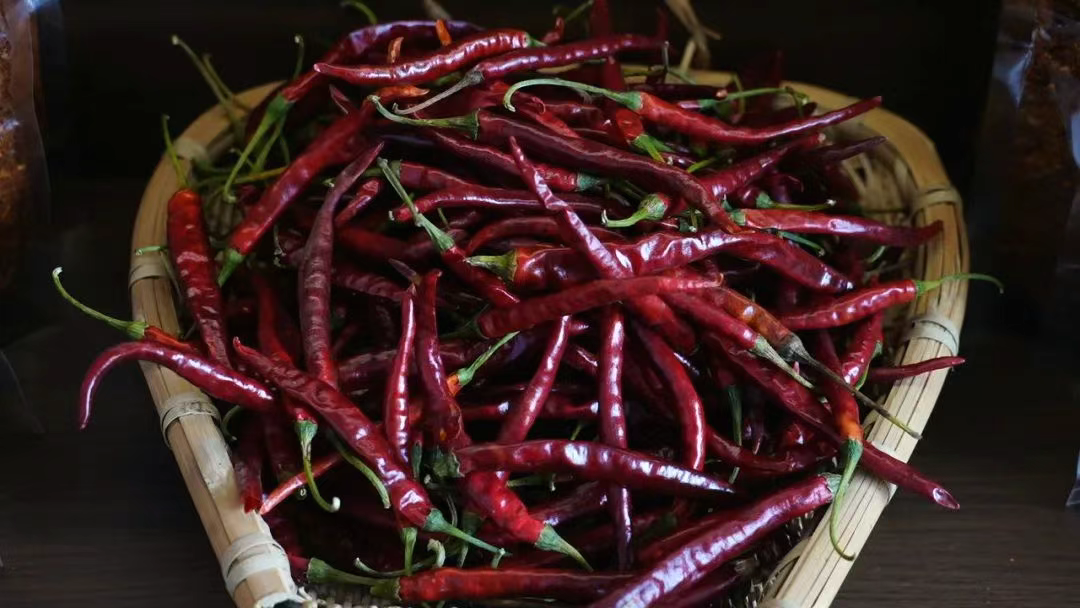
Qiubei Chili peppers
Qiubei Chili Peppers: With a 380-year cultivation history, these "veterans of the chili world" are grown across 350,000 Chinese acres, yielding 320,000 tons annually. Their vibrant color, thick flesh, and balanced heat make them beloved by consumers worldwide.
Baizhu Mountain Tea: Grown in Shuangbai county, Chuxiong Yi autonomous prefecture, this tea thrives under ideal natural conditions, including a 900-1,100 mm of annual rainfall. The result is a smooth, fragrant tea with a lingering sweetness.
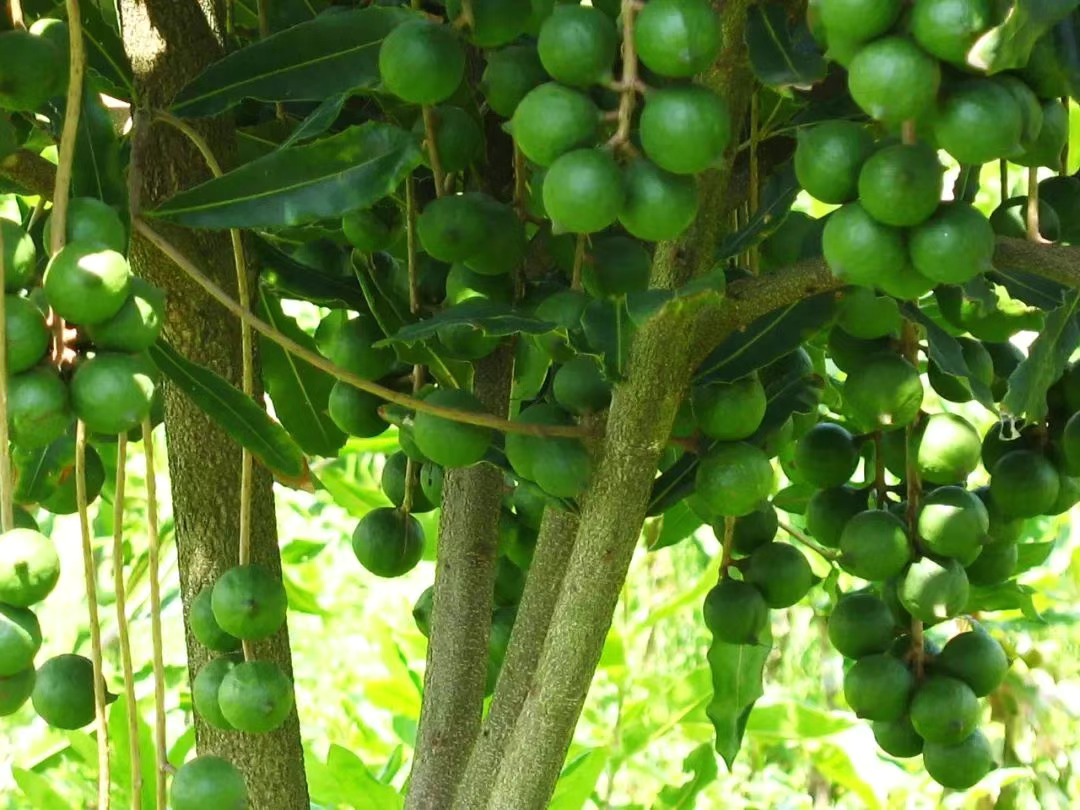
Lincang Macadamia
Lincang Macadamia: A "Yunnan-customized version" of Australian macadamias, these nuts are plump, crisp, and creamy when roasted, offering a rich, buttery aroma and exceptional nutritional value.
Bingdao Old-Village Tea: Made from ancient tea trees, this tea is celebrated for its pure, sweet taste, enduring aftertaste, and perfect balance—widely regarded as a most harmonious tea in the world. It belongs to the original Mengku large-leaf tea variety and is considered the ancestor of today’s Mengku teas.
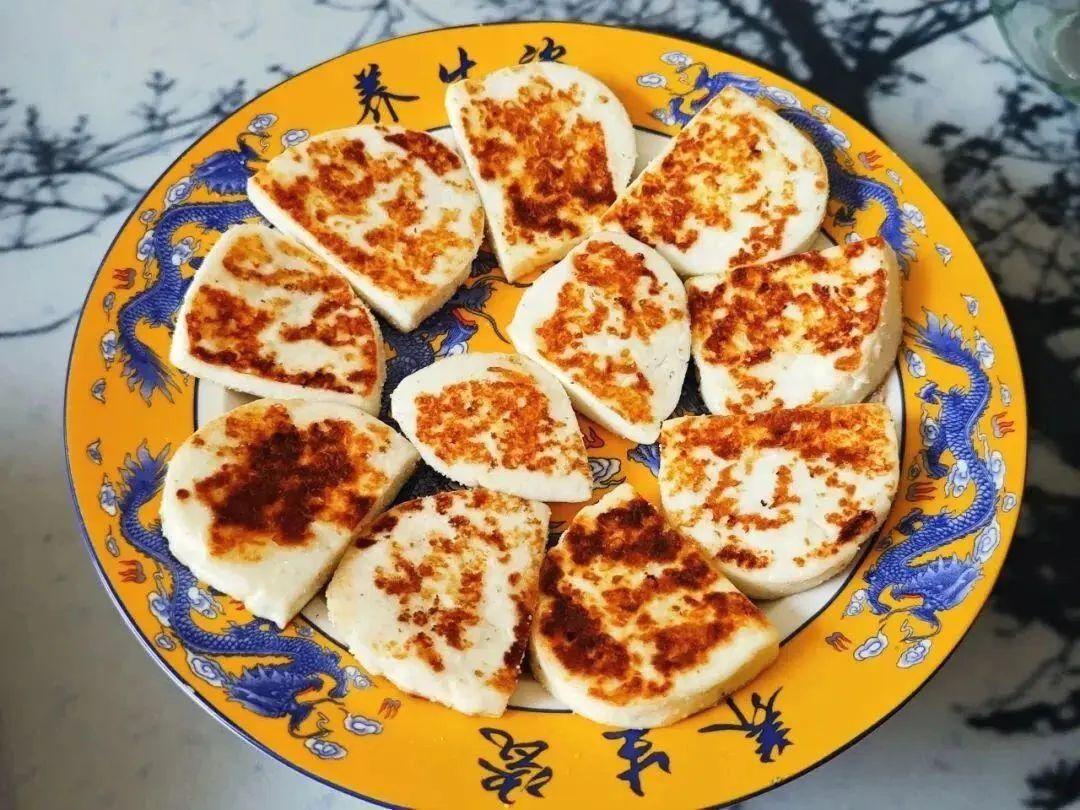
Shilin Rubing
From snow-capped mountains to lake shores and from highlands to valleys, Yunnan's geographical indication (GI) products are like scattered pearls, weaving together the legends of provincial landscapes and culture. These specialties are not just culinary delights but also "living fossils" of Yunnan's ecology and traditions.
Does your hometown have any GI products? Drop a comment to let us know.
By YICC reporters